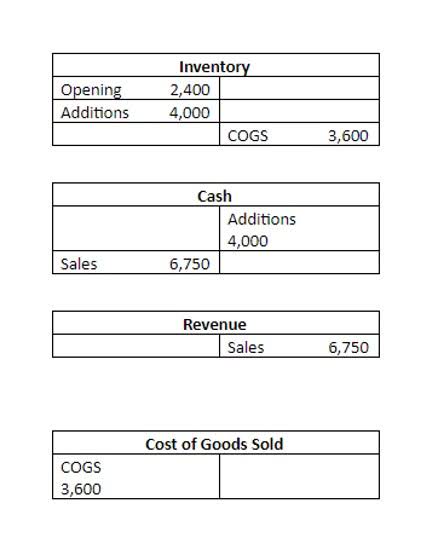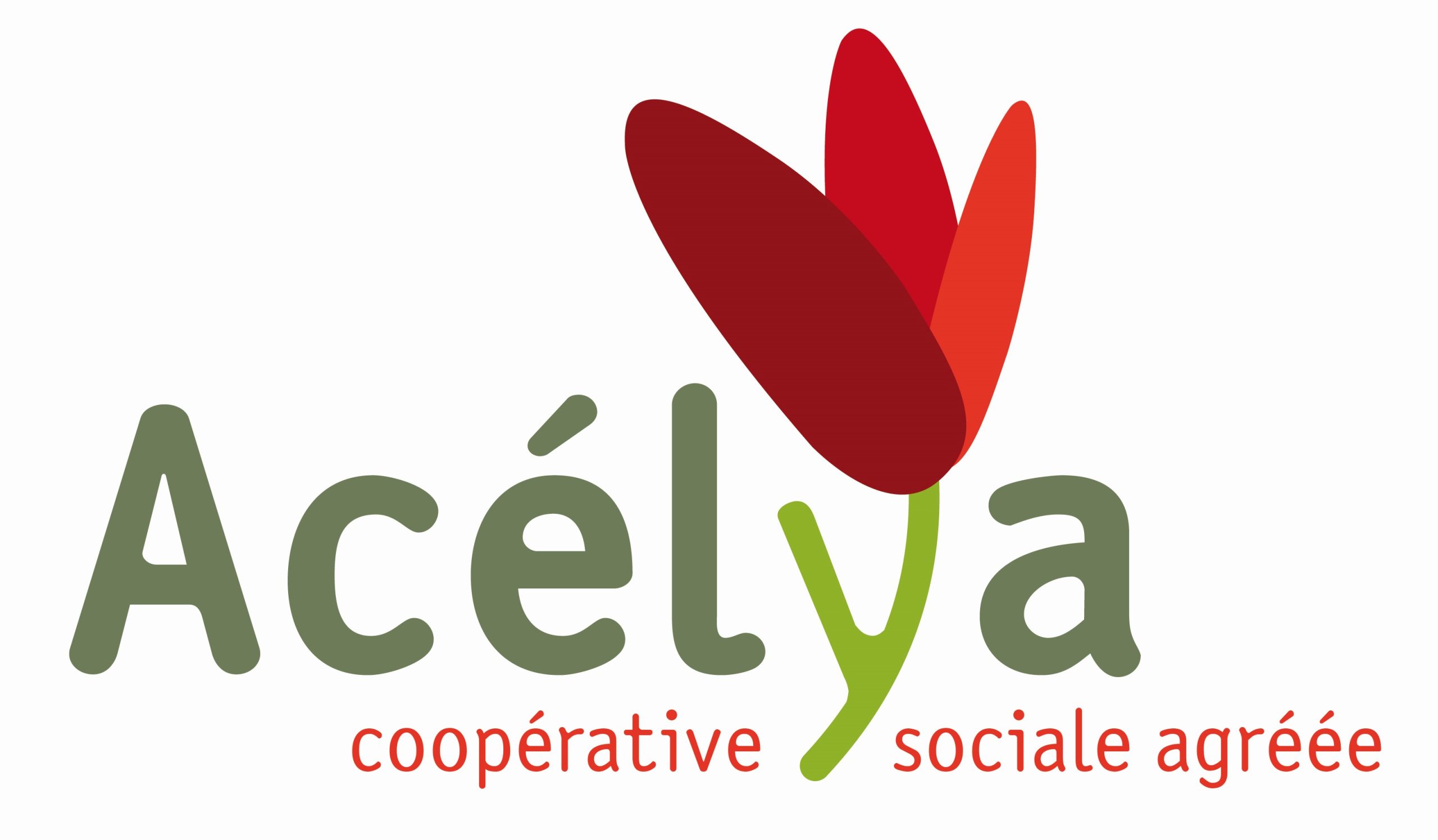
More than three-quarters of survey respondents no longer work full-time in their offices. The ability to adapt is not just about responding to immediate needs, but also about preparing for future crises. It’s a crucial part of crisis response and can make all the difference in getting back on your feet. Firms that already had at least one cloud system in place prior to the pandemic fared far better than firms that did not have any cloud systems in place.
Accountants’ Top Concerns
Notably, reliability values in cloud accounting research have exceeded the 0.70 benchmark, indicating a robust performance of these services. Moreover, the integration of automated systems for customer interaction and document organisation—such as those offered by alternative platforms—has emerged as a critical strategy. These systems not only streamline administrative tasks but also ensure timely updates and how has covid affected the accounting profession improved service delivery to clients. Watch our on-demand demo to see how we streamline information gathering and enhance response times. Join companies like Menzies that have experienced a 40% improvement in client response times. The evolving landscape of forensic finance careers illustrates this point, as numerous partners are shifting firms, creating opportunities for management consultancies and boutique firms to expand their services.

Optimizing Accounting Reserve Account Management Strategies
Businesses and individuals that are struggling financially are seeking ways they could do it better. From questions about the CARES act to adjusting business models to needing general insights on financial health and resilience, we can help current and new clients find the way through the fog. COVID-19 has propelled many professionals and firms further into advisory services, and this need will continue – offering a great opportunity for the industry. The platform’s automated reminders and centralised communication portal ensure that responses are not misplaced, enhancing overall efficiency and engagement. Furthermore, Glasscubes provides a real-time visual progress report and https://academy.diopars.com/bookkeeper360-reviews-read-customer-service/ coordinates audit requests, simplifying the process for teams to monitor outstanding items and handle interactions with customers efficiently. Moreover, the pandemic emphasised the significance of proactive communication with customers and relationship management.
- The impact of COVID-19 on accounting has significantly influenced the evolution of accounting practices during and after the pandemic.
- A case study featuring CoCountant exemplifies this, as the firm provides dedicated financial services that assist businesses in optimising cash flow and identifying tax-saving opportunities.
- In the end, temporary changes can be a valuable stepping stone to long-term growth and development.
- The platform’s automated reminders and centralised communication portal ensure that responses are not misplaced, enhancing overall efficiency and engagement.
- As the profession continues to adapt, the lessons learned during this challenging period, particularly regarding the impact of COVID-19 on accounting, will likely influence future practices and operational strategies.
- Innovative platforms like Glasscubes are revolutionizing client interactions and enhancing operational efficiencies.
Temporary Changes and Long-term Changes
- Notably, reliability values in cloud accounting research have exceeded the 0.70 benchmark, indicating a robust performance of these services.
- As the landscape of the accounting profession evolves, the ability to pivot and embrace new technologies like Glasscubes will be crucial for sustaining growth and ensuring long-term success.
- A recent study, the first to examine auditors’ perceptions of the pandemic’s impact on their profession, revealed that 152 accountants participated, yielding a notable 41% response rate.
- Companies have observed a 50% decrease in response times following the adoption of automated communication tools, underscoring the essential need for efficient time management strategies.
- More than three-quarters of accountants are concerned about the overall economic impact of COVID-19 on their profession or industry.
- The impact of COVID-19 on accounting has significantly transformed the profession, compelling accountants to navigate a new environment characterised by remote work, shifting customer expectations, and complex regulatory challenges.
The COVID-19 pandemic has served as a catalyst for profound transformations within the accounting profession, fundamentally reshaping how firms operate and engage with clients. As remote work became the norm, accountants encountered unprecedented challenges, including navigating complex regulations and managing increased workloads. Innovative platforms like Glasscubes are revolutionizing client interactions and enhancing operational efficiencies. By streamlining communication and automating routine tasks, these tools not only alleviate stress for accounting professionals but also significantly enhance client satisfaction.

Accounting & Auditing
The increased adoption of technology within the tax and accounting industry was already a trend pre-pandemic, but COVID-19 forced this process to be significantly accelerated. From the use of the cloud to virtual client and staff engagements and more, accounting professionals and firms – whether well-versed in technology or not – were quickly catapulted into full-remote practices. By optimising payroll management and audit solutions, the platform enhances efficiency and customer satisfaction for financial firms. Its secure and user-friendly interface not only boosts client satisfaction but also alleviates stress for finance professionals. Furthermore, the pandemic served as a catalyst for change, pushing firms to adopt flexible practices that prioritise proactive communication and robust normal balance client relationships.

The most common concerns among accountants include finding new clients, especially without the ability to do in-person networking, and staying connected with clients and staff. To survive the pandemic, accountants are adopting various strategies, including offering clients advice on PPP and other pandemic relief programs, investing in marketing and sales, and offering cash flow management advice. Many accounting firms have had to rapidly shift to remote work, with some firms seeing a 90% increase in remote work arrangements within just a few weeks of lockdowns being implemented. One notable example is the increased use of digital signatures, with 90% of accounting firms reporting an increase in digital signatures since the pandemic began. Many accountants have had to learn new skills to keep up with the changing landscape, with 60% of accountants reporting that they have had to acquire new skills to remain relevant.

By having a clear plan in place, organizations can respond quickly and effectively to a crisis, minimizing the impact and helping to restore stability. However, the pandemic has also highlighted existing inequalities in the accounting profession, particularly for those with limited access to technology or remote work arrangements. The firms that were more successful in dealing with the pandemic offered virtual collaboration tools to their clients at a higher rate than firms that were less successful. Remote work has also led to a shift in work-life balance, with 60% of accountants reporting an improvement in work-life balance since transitioning to remote work. More than three-quarters of accountants are concerned about the overall economic impact of COVID-19 on their profession or industry.
Innovations and Adaptations in Accounting Practices Post-COVID-19
Case studies highlight how organisations that embraced these technological advancements have not only adapted to the challenges posed by the pandemic but have also positioned themselves for future success. By concentrating on both tactical and organisational learning, companies can effectively manage rapid changes and utilise technology such as Glasscubes to enhance their financial practices in 2025 and beyond. The impact of COVID-19 on accounting has significantly influenced the evolution of accounting practices during and after the pandemic. The swift adoption of cloud computing, artificial intelligence, and automation has allowed firms to streamline their processes and enhance accuracy. Platforms such as these have become essential for improving customer interaction and enabling effective information collection.
